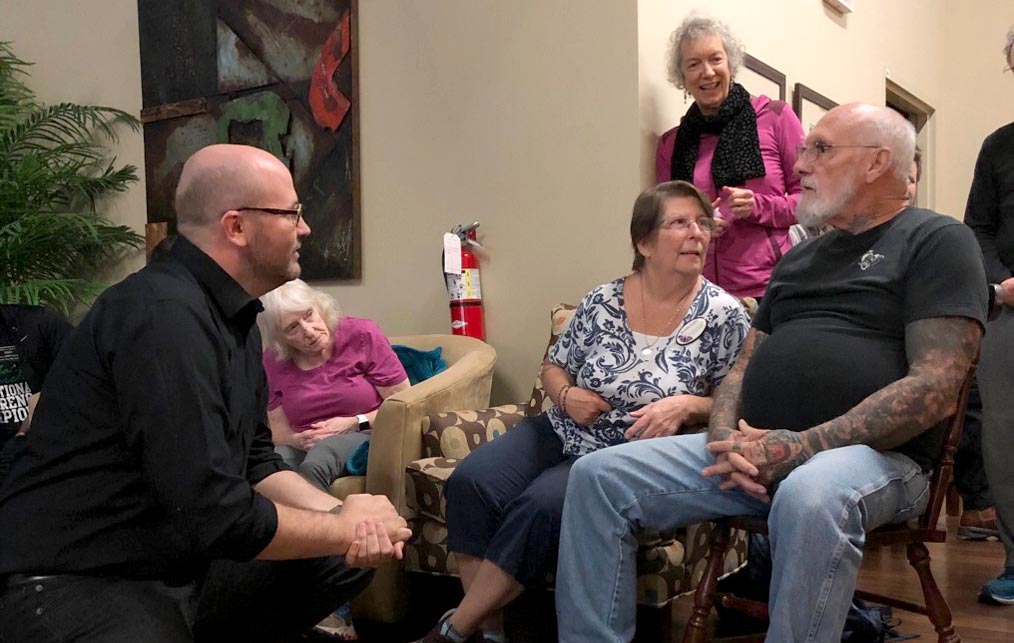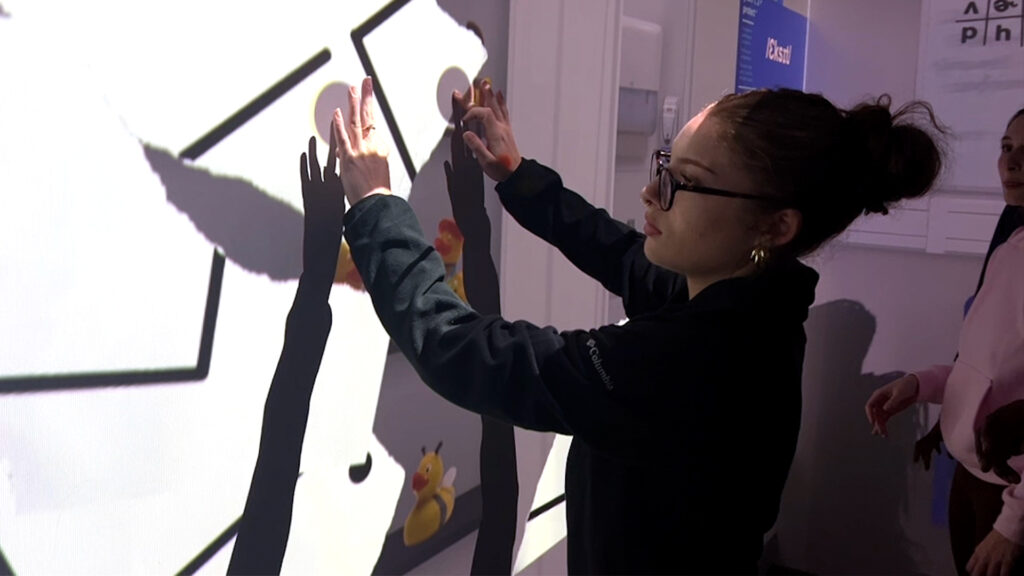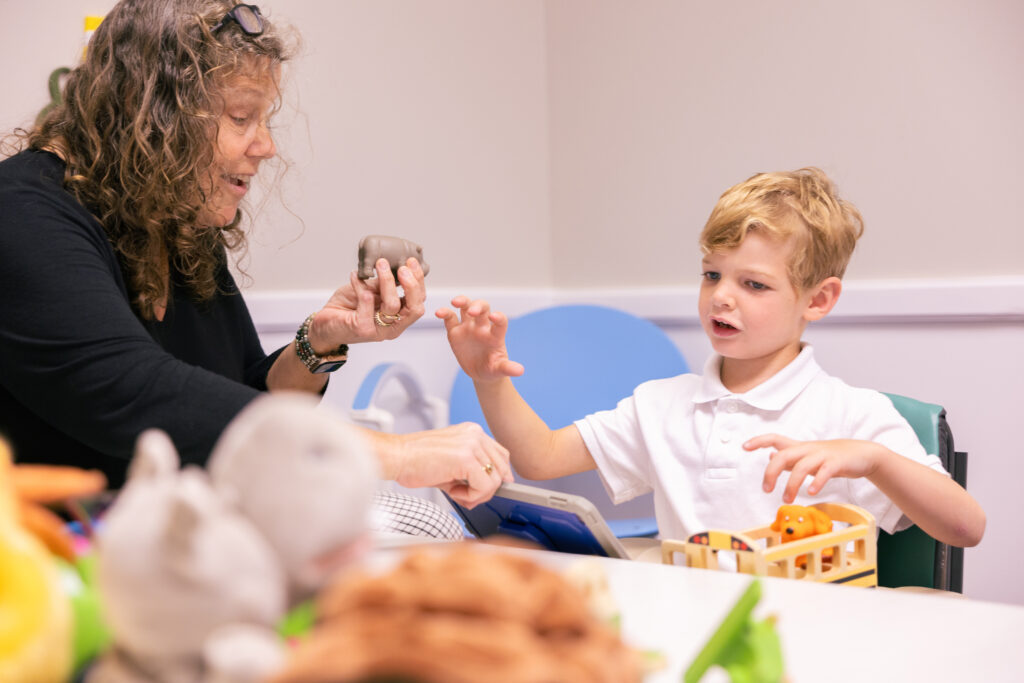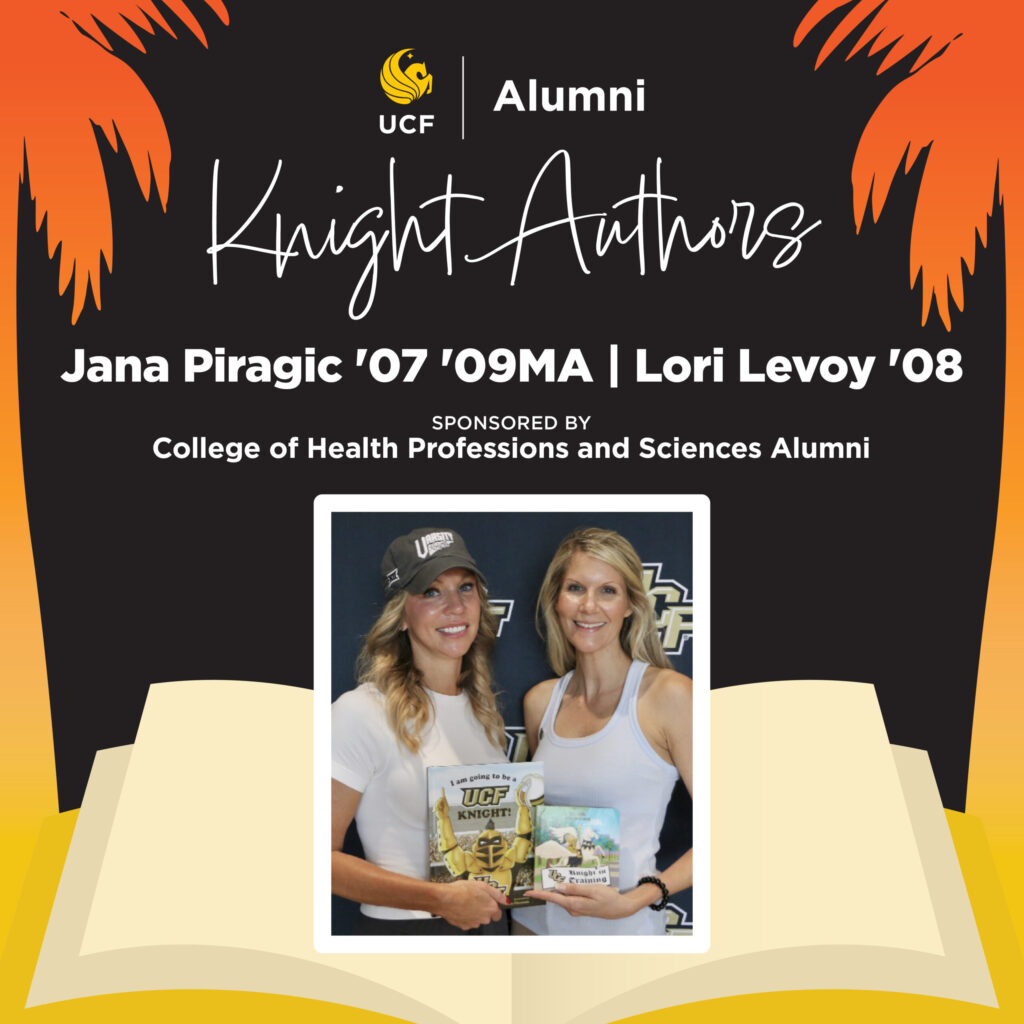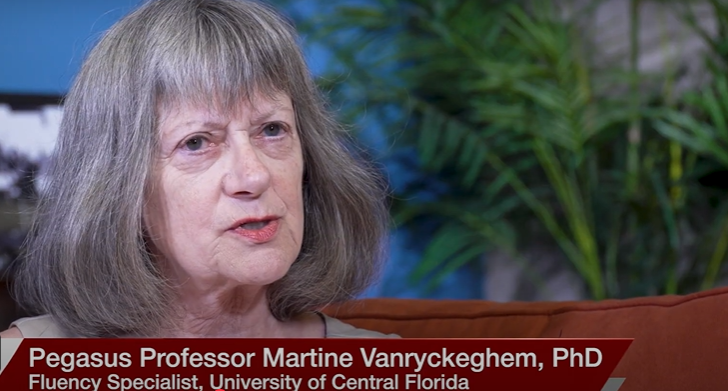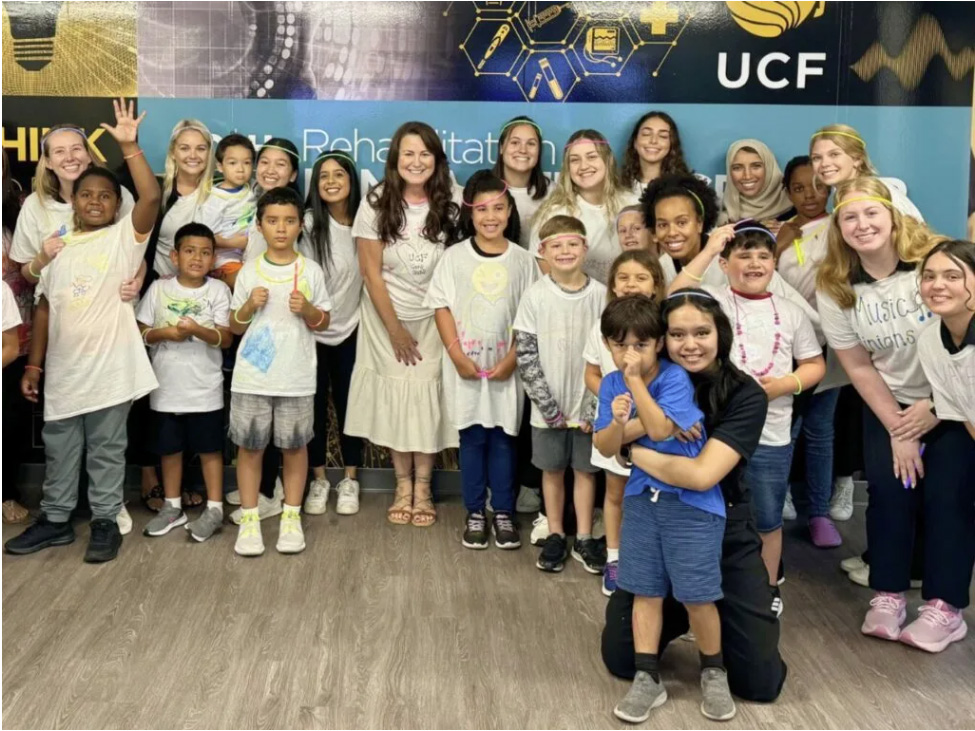To be human is to tell stories. Whether these are the stories we tell our young children, those we share among friends and acquaintances, or those of local, national, and global events that change our view of the world, stories are the basic units of our experiences and memories.
However, for people with aphasia, storytelling may be difficult. Telling a story is a complex linguistic and cognitive task. The teller must spin a reality almost solely out of words, with little to no aids in the present environment. They must decide what details to include and which to omit. They must anticipate what content is relevant to the listener or not. And they must build a setting, conflict, and resolution to their tale. As commonplace as stories are in our lives, telling them is no easy task.
In Spring 2020, I was the social media chair for Aphasia Family, a community for people with aphasia to come together and build relationships with one another. That semester, I also took Senior Lecturer Sybil St. Claire’s course “Theatre for Social Change.” She encouraged our class to attend Playback UCF rehearsals, and this was where I was first introduced to the concept of playback, a form of improvisational theatre that retells and honors the stories of its audience members.
I was, and still am, touched by how talented and empathetic the Playback UCF troupe members are. They listen closely to the audience’s stories and use improvisational theatre to honor the experiences and emotions of the storytellers, no matter how simple or complex those stories may be. For example, the audience might share the story of a happy day at a park, or something as intense as the grief of losing a loved one.
Seeing Playback UCF perform was unlike anything I had experienced before. I wanted our members in Aphasia Family to experience this too. I also believed that Playback’s use of nonverbal communication, including tone of voice, gestures, movement, and symbolism and metaphor, could be particularly helpful in aiding people with aphasia to communicate experiences. The troupe also often features a musician who provides original music during the performance to match and accentuate the emotional tone of stories shared during the performance, further transcending language to communicate stories.
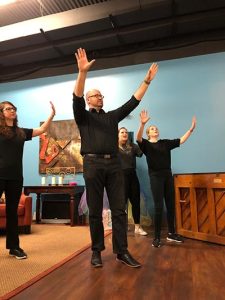 The Playback UCF troupe first performed in person at Aphasia House in February 2020, right before the outbreak of the COVID-19 pandemic. Everyone enjoyed that afternoon of story sharing so much that a collaboration between the two was born. During the pandemic, Playback UCF performed again through Zoom, and once Aphasia Family started meeting in-person again, they returned to perform at the Aphasia House and have been performing with us regularly ever since.
The Playback UCF troupe first performed in person at Aphasia House in February 2020, right before the outbreak of the COVID-19 pandemic. Everyone enjoyed that afternoon of story sharing so much that a collaboration between the two was born. During the pandemic, Playback UCF performed again through Zoom, and once Aphasia Family started meeting in-person again, they returned to perform at the Aphasia House and have been performing with us regularly ever since.
Playback has helped to uplift and share the life stories of people with aphasia. Audience members have told stories of taking their children trick-or-treating, baking a favorite lemon pound cake, how the ordaining minister failed to show up at their wedding, how they lost their English after their stroke and re-learned it, and how they felt belittled and ignored as a person with a communication disorder. Stories have ranged from funny, to serious, to uplifting, to devastating, but through it all, Playback UCF has honored the audience members’ narratives.
Jesse Harris, an undergraduate student and the current director of Playback UCF, has been performing at Aphasia Family for several semesters.
“It’s given me the very specific opportunity to hear and understand the experiences of a group of people that I otherwise wouldn’t get to interact with much… there are certain aspects of life that are particular to the experiences of people with aphasia and that I would have never had my eyes opened to if not for this connection that we established. It’s definitely had a positive impact on how I think about and interact with the world,” says Harris.
“Generally, performing with Aphasia Family is the same as, if not easier than, performing for other audiences because the community members are so open and willing to share with us … I think what keeps us coming back is just how open and willing to share that the community at Aphasia Family has always been!,” says Harris. “Truly, they make the practice of playback even more enjoyable than it already is because there is this natural mutual desire to connect between everybody there.”
I would like to thank Playback UCF from the bottom of my heart for being a voice for the members with aphasia to share their stories, and for demonstrating empathy, respect, and love for the members. Their troupe members consist of UCF students in the fields of theatre, film, psychology, and other studies. I’m touched by their commitment to honoring the lives of their audience members and listening with deep empathy.
Seva Reilly is a senior majoring in communication sciences and disorders, with a minor in psychology and certificates in leadership studies and human resources. She is the Lab Coordinator of the UCF Aphasia and Related Conditions Research Lab as well as the community liaison of the Adaptive Community, also known as Aphasia Family UCF, a free community group for individuals and their families living with aphasia.
